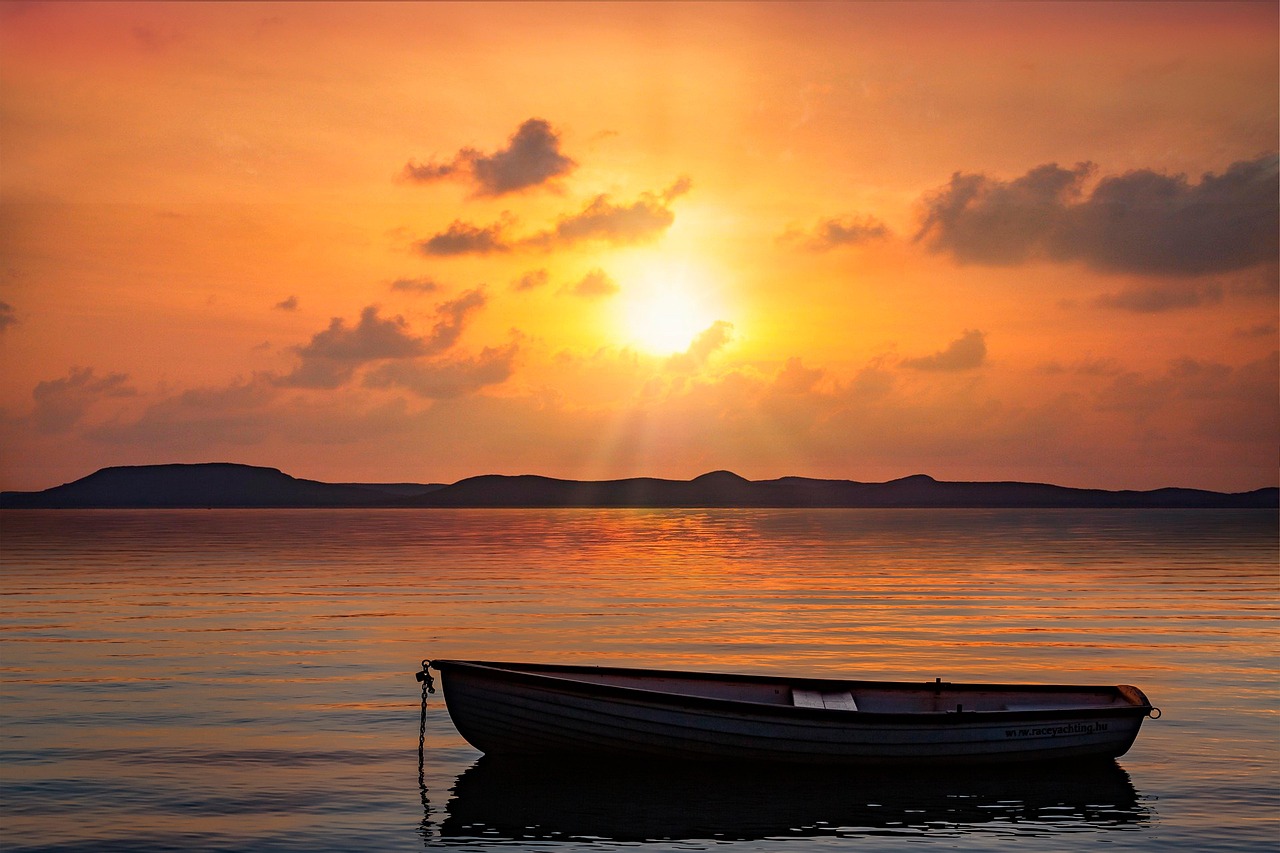Bastion of Faith
I
We belong to God in different ways
Just as Odysseus belonged to the sirens and Penelope
In different spindles of history. The sun arranges
A box of light at the corridor of my being:
This fibrous strands of belief, woven
At the intersection of the sea.
I, a boy, wade through the Niger-Delta
Where the phytoplanktons and I remember nothing.
II
My father, a fisherman, thought he understood
The annals of the sea until it swallowed whole
His boat and oar. I remember his raging against the flaking light,
All of that which I have learnt to hate and adore
About the wave-browed gods: Olóòkun and Ọya—
III
They say the sea reveals to us who we are
Before the birds in our pants sprout their music
Before our tendons become splayed open from the riverine-web
Of childhood and tender-footed notes of water.
Maybe the crashed album of colors spilled on the sea
Belonged to my father, or his father, or his forefathers as they reeled
Upon the Armadas and Elizabethan ships.
IV
Later that night, Bamba would sow a row
Of corns in the field, and we would watch a film
Of stars play intricately on the carpeted-sea while
We prayed we caught a fingerling or barracuda.
The hills that lock hands with the sky’s tent would afford
Us room for night, and we would watch the Angora goats
Bleat away a herd of cavy pastorals—
V
And maybe that is the connection
The seafarers have with survival, a prelude
To the yawning gape into openness; faithful fishers casting
Their doubt-riddled nets into the mouth of the river
Somewhat hopeful they tame a song— any song it spurts them.
What the Sailors Saw
On the brass cheek of the sea
Hung a body covered in psalms and all things supple—
A tale of a slave escaping his owner chased
Through a trail of Spanish cacao pods and left for dead
At the mercy of the sea. At first, it was the egret-coated
Sky that assembled the carnage; then the wind, dead as nails
Sifting everything through the waves and heft
Of this upturned body.
When he awoke, he sang the rubbled tale:
How he buoyed and rafted until his body relinquished itself
To the numbness; on his back was a mark of iron emblazoned.
It reads: marca de hierro; marca de propiedad,
And he grinned from ear to ear
Calling it a carimbo. A symbol of pride rather than shame.
We asked him how he escaped.
But for him, it was only a matter of why, rather than how.
A locket fastened to his neck broke open,
And a burnt parchment that used to be the face of wife,
Now wet with all those swum tales, washed atop
The surface. No one asked him about his family,
For we knew that to make a genesis one had to forgo the exodus.
Prosper Ifeanyi writes from Abraka, Delta State, where he works at Delta State University. His works are featured or forthcoming in Transition Magazine, Obsidian, Black Warrior Review, Magma Poetry, and elsewhere.
